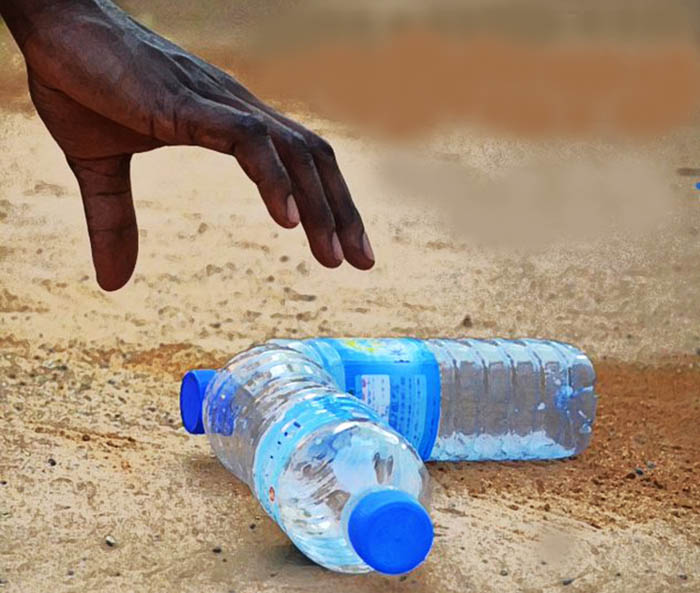A roadmap in the Eastern Algarve to publicize innovative companies associated with the blue economy and an action to collect marine litter, to raise awareness of the problem of plastics and pollution in the oceans and beaches, are the two regional events that will take place at 30th of May, in an initiative of the Algarve Regional Coordination and Development Commission (CCDR Algarve) and of the European networks Europe Direct and Enterprise Europe Network.
With the motto “One Sea to Share”, the two events will take place simultaneously, and this is the way for CCDR Algarve to associate itself with the celebration of the European Day of the Sea, this year held in Lisbon.
Francisco Serra, president of CCDR Algarve, participates in the visit to four companies based in Castro Marim, Tavira and Olhão, to hear the businessmen, learn about the difficulties faced in the implementation of their projects and the challenges posed in the development and internationalization of business.
The initiative “A sea to share without getting in the way” has the support of the Regional Hydrographic Administration of the Algarve, the Portuguese Environment Agency (ARH-APA) and the Environmental Volunteering for Water project and aims to “involve public servants in the region and citizens in general in a volunteer action that will clean the beach area between the island of Faro and Quinta do Lago, appealing to everyone's responsibility for the change to be promoted».
The cleaning of the sand will take place on the 30th, between 9:30 am and 13:00 pm, at Praia de Faro, with a meeting point at the entrance to the island.
must be done pre-registration by clicking here.
What has the European Union done
The Blue Economy represents more than 5 million jobs and a gross added value of around €500 billion per year, – a figure that is roughly equivalent to 4% of the EU's total economic output -, also affecting a large number. of residents in the European Union (EU) with an estimated 40% of the EU population living within 50 kilometers of the sea.
Over the last decade, some Member States have seen the Blue Economy – new sea economy growing faster than their national economies.
As part of the process of transition to a more circular economy, the first European strategy for waste plastic materials was adopted.
This strategy will protect the environment from plastic pollution, while fostering growth and innovation and empowering industries, turning a challenge into a positive agenda for Europe's future.
For example, by 2030, all plastic packaging on the EU market will be recyclable, the consumption of disposable plastic objects will be reduced and the intentional use of microplastics will be restricted.



















Comments